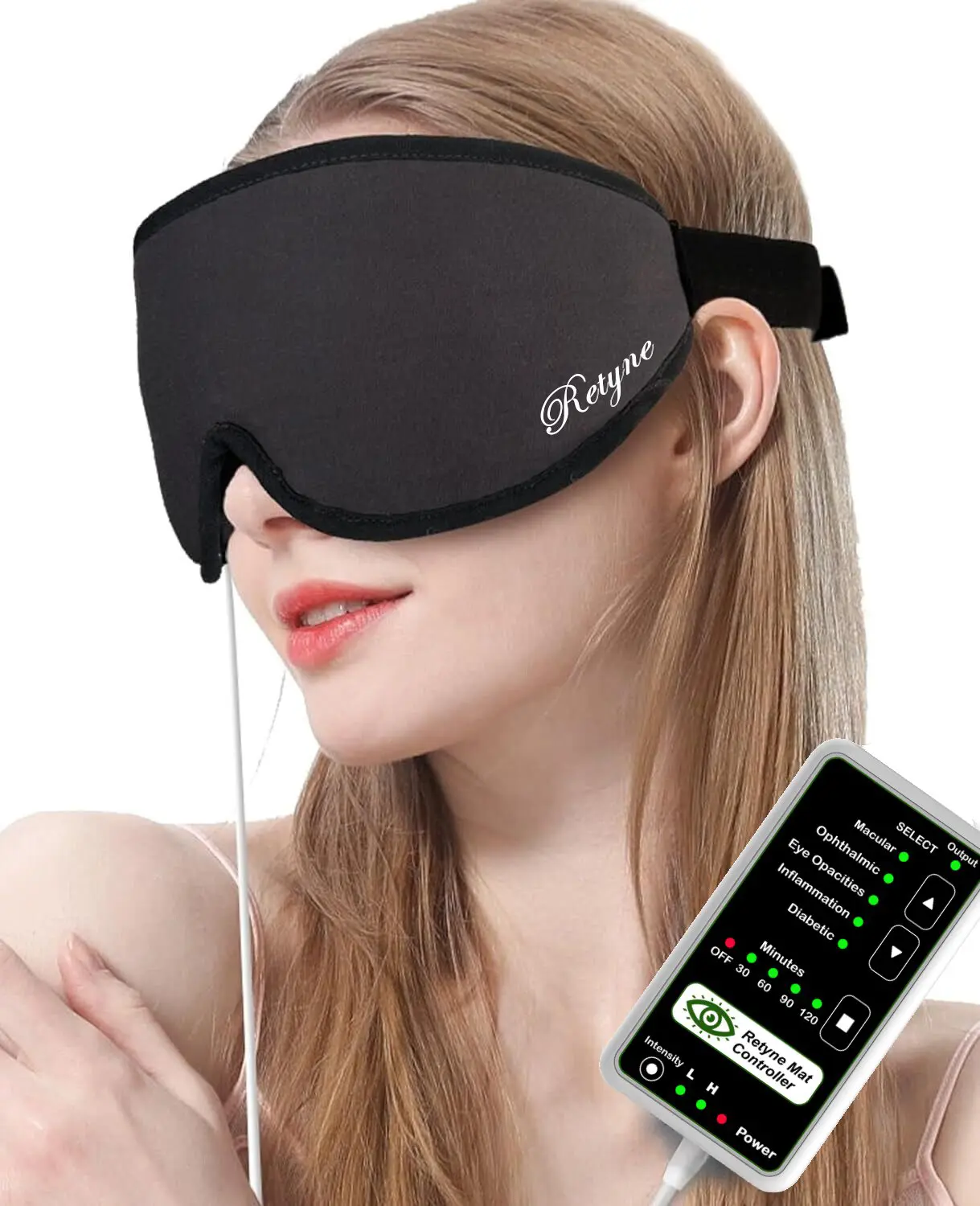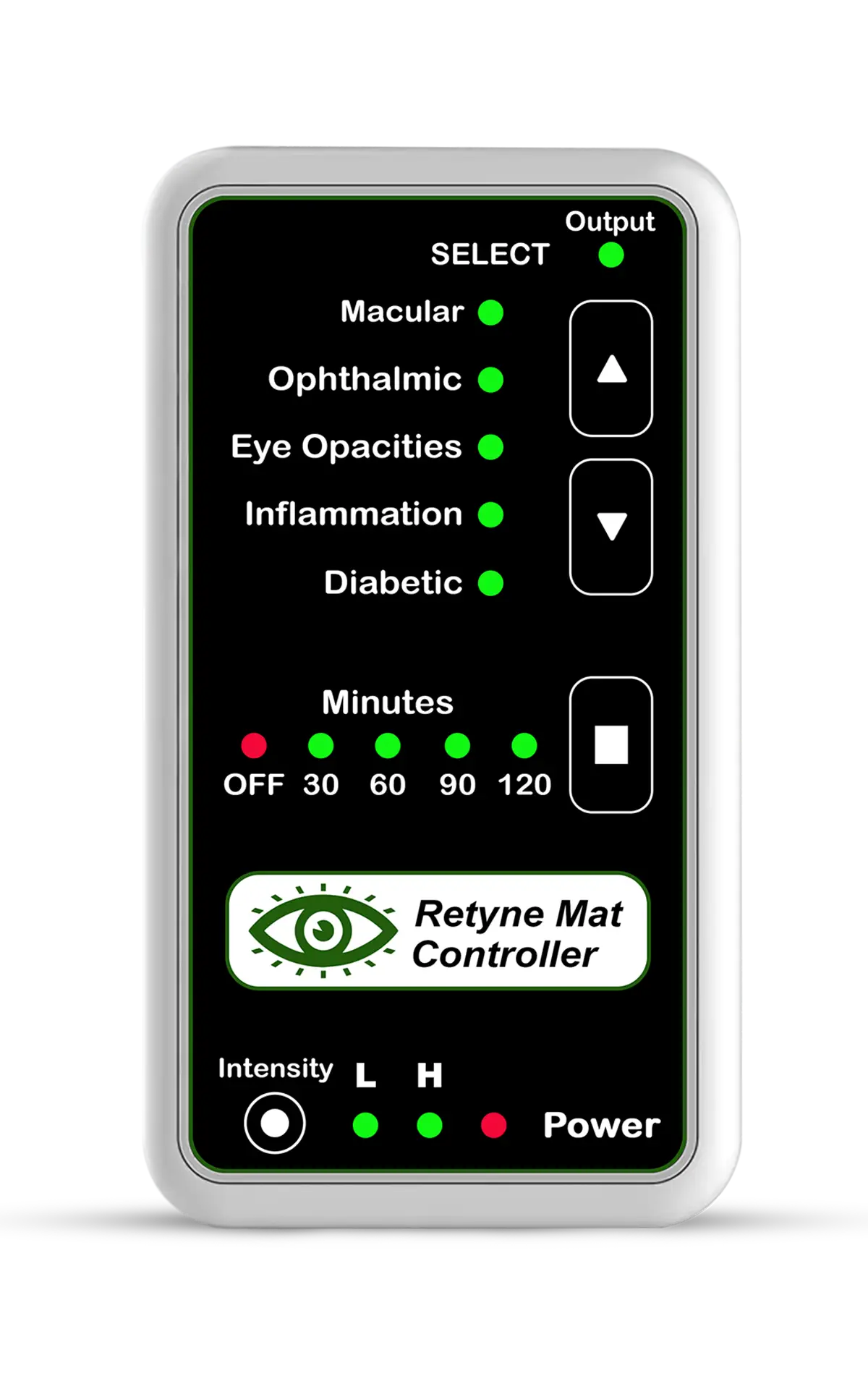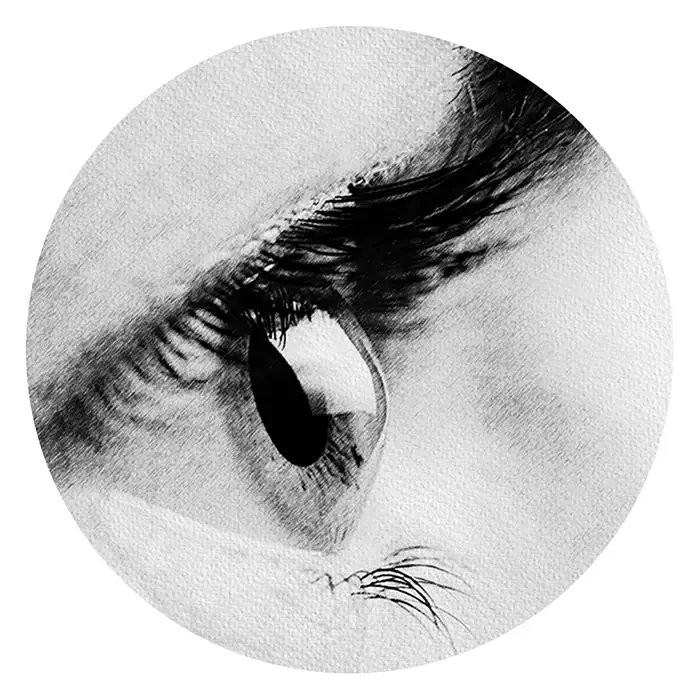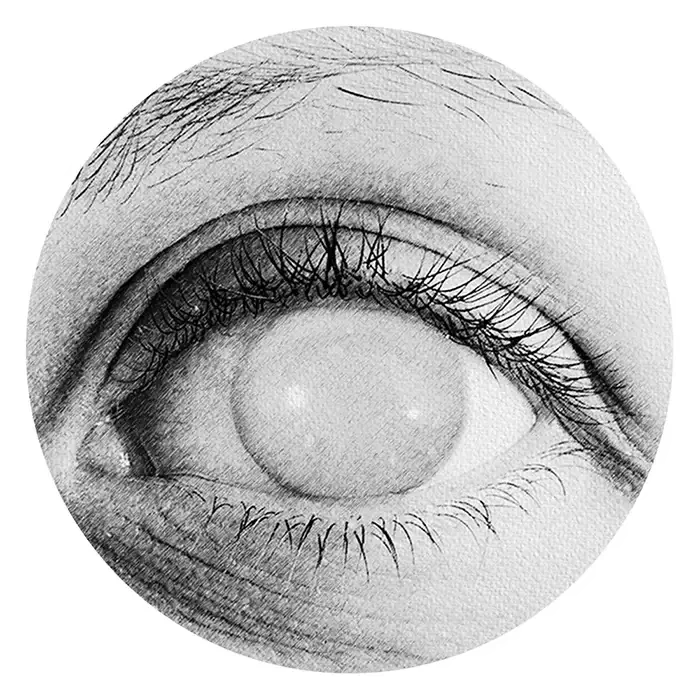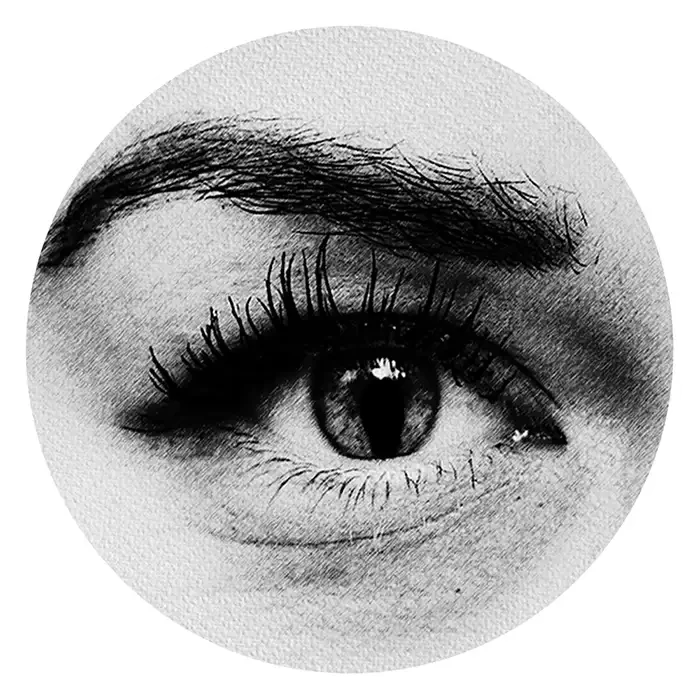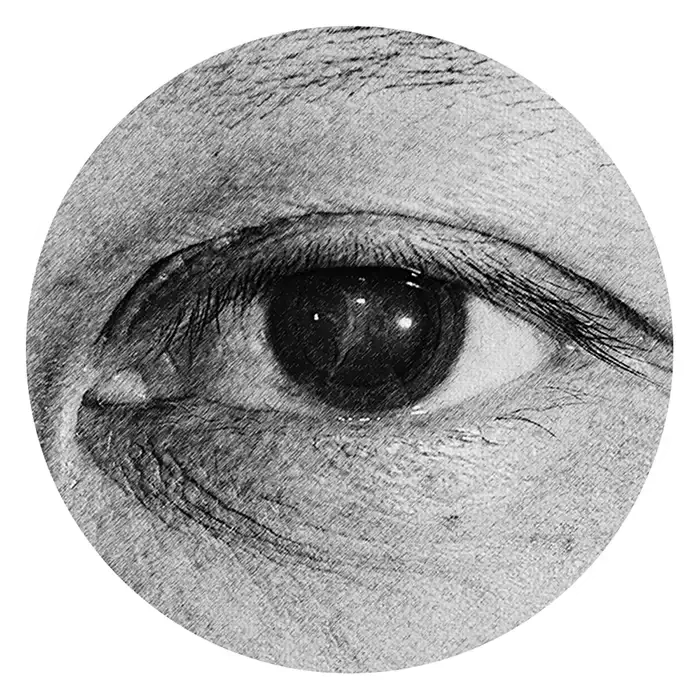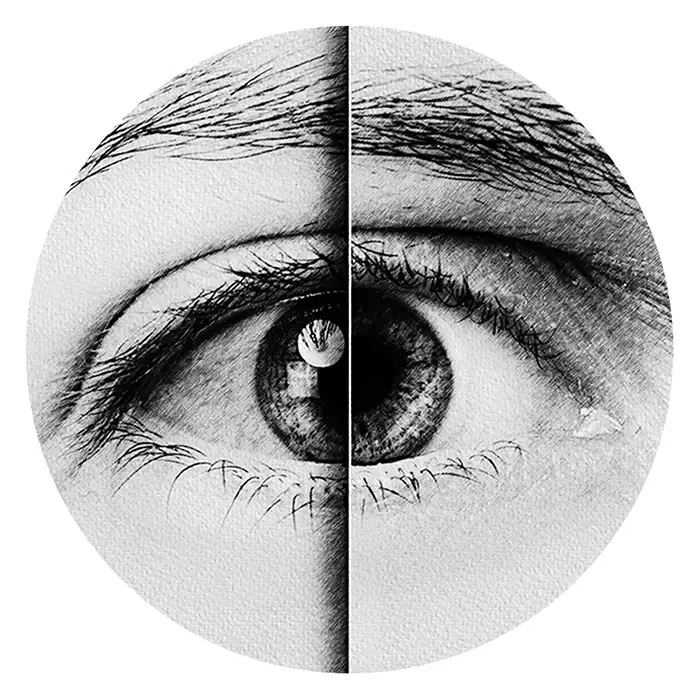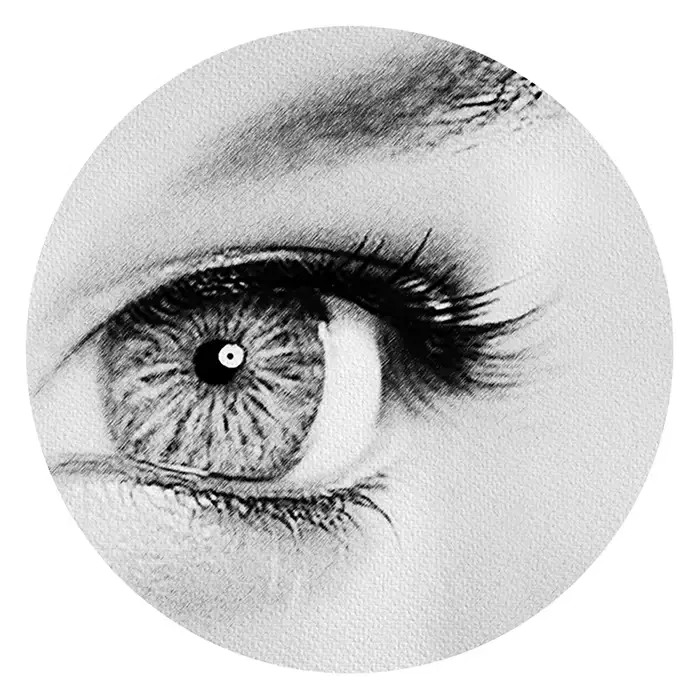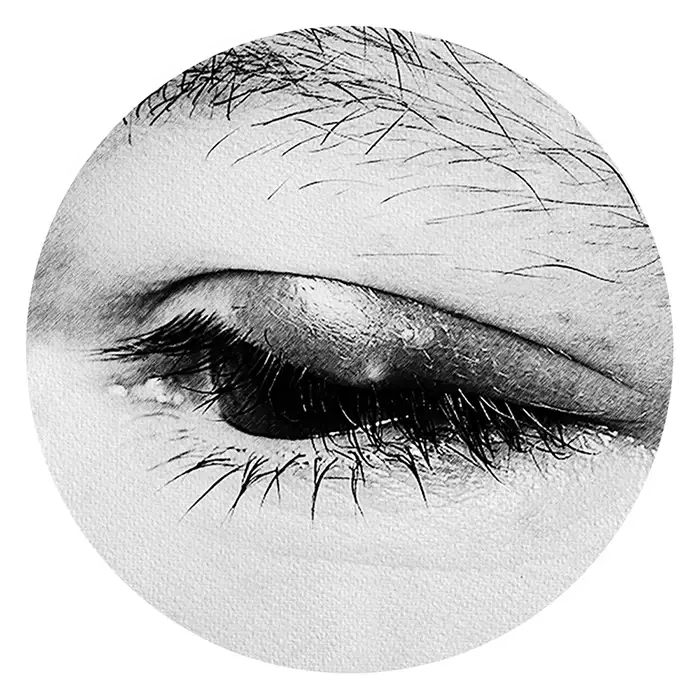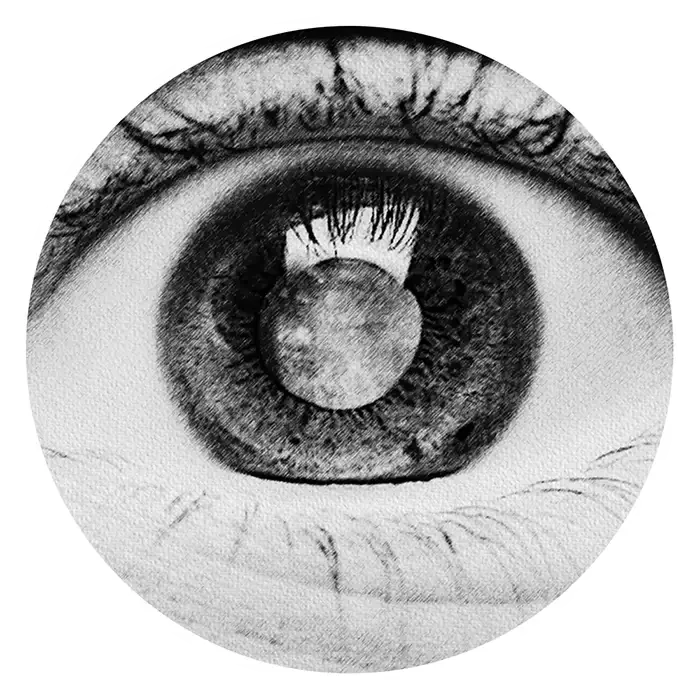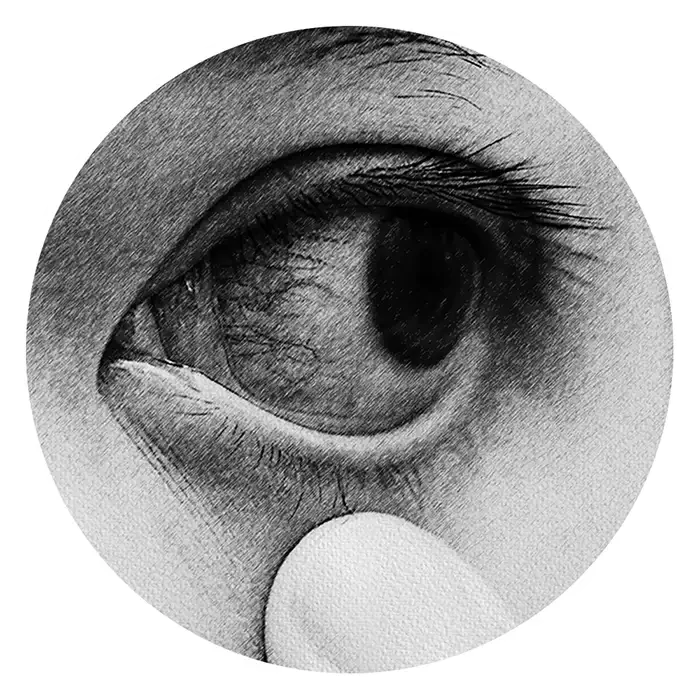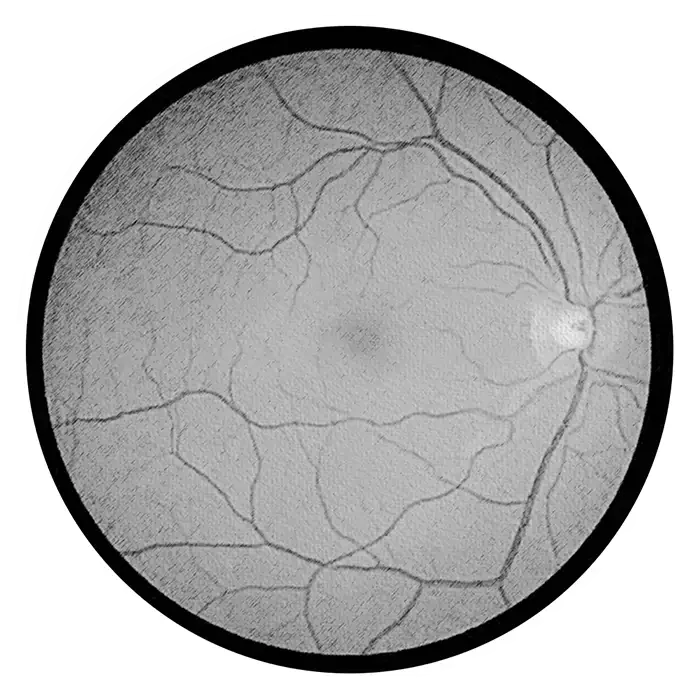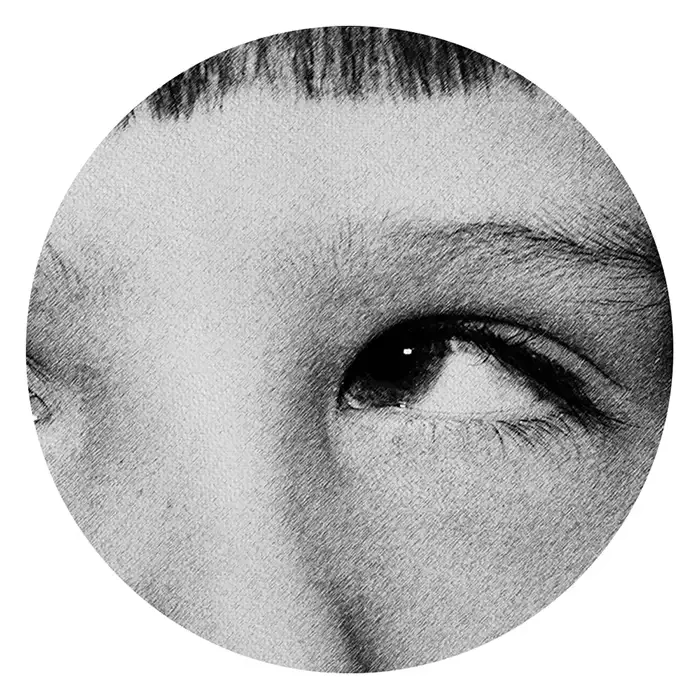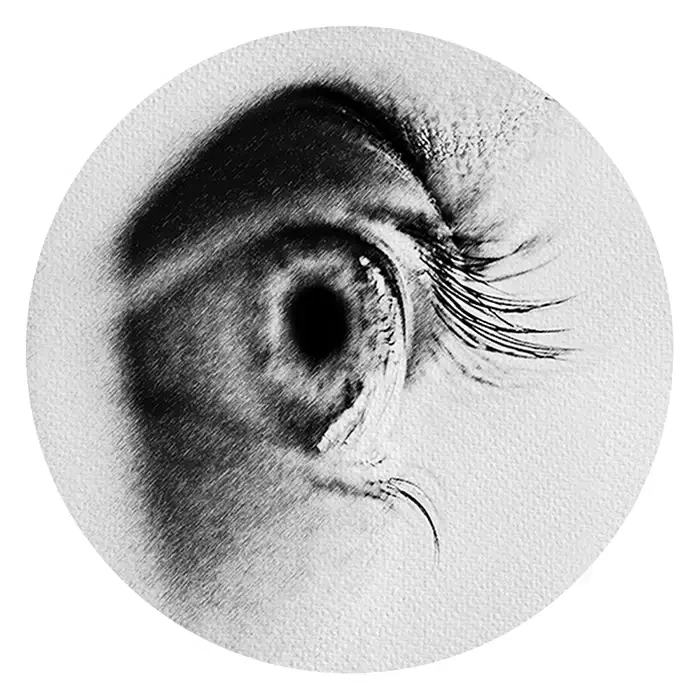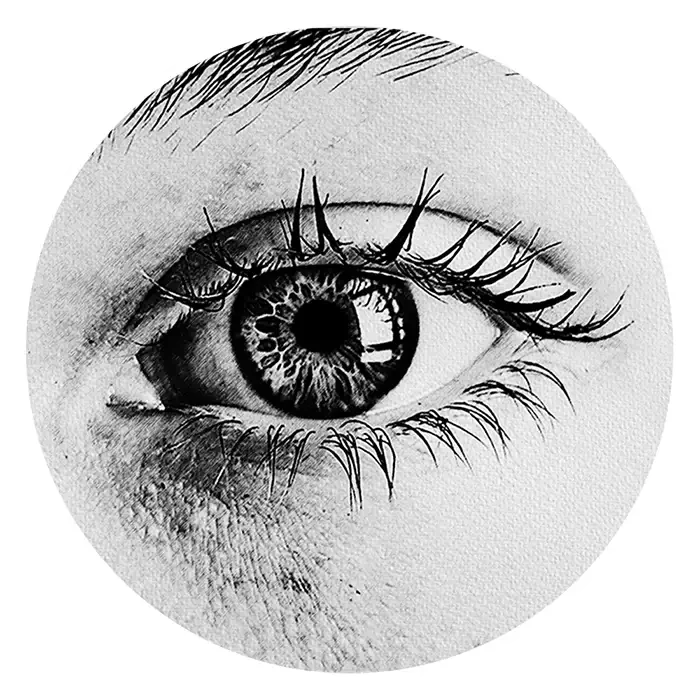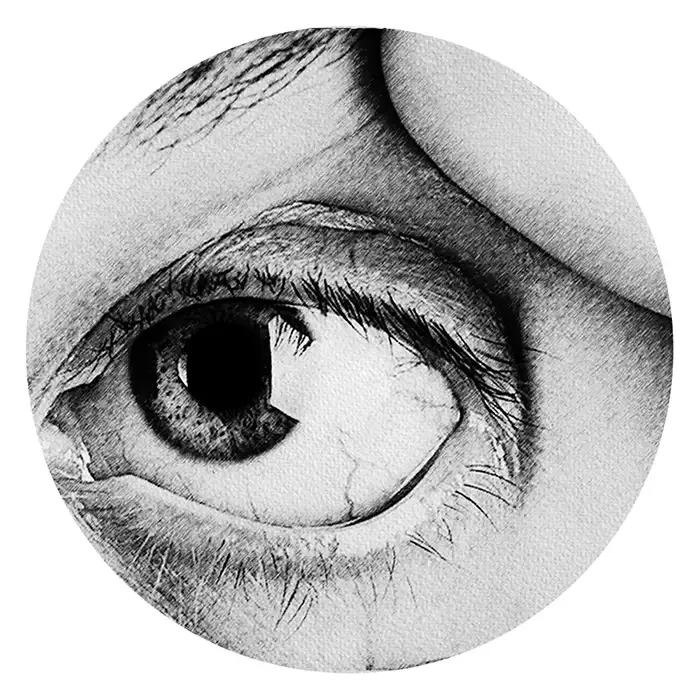Treatment of Central Serous Chorioretinopathy with Retyne Infrared Eye Treatment Mask
Central serous chorioretinopathy (CSCR) is a retinal disorder characterized by the accumulation of fluid under the macula, the central part of the retina. This condition typically affects young to middle-aged adults and can lead to blurred or distorted vision, as well as central scotomas. There are two main types of CSCR: acute and chronic. Acute CSCR often resolves spontaneously within a few months, while chronic CSCR may persist for an extended period, leading to long-term visual impairment.
Diagnosing CSCR involves a comprehensive eye examination, including visual acuity testing, dilated fundus examination, and imaging studies such as optical coherence tomography (OCT) and fluorescein angiography. These tests help confirm the presence of subretinal fluid and identify any underlying abnormalities in the retinal pigment epithelium (RPE) or choroid. Additionally, indocyanine green angiography (ICGA) may be performed to visualize abnormalities in the choroidal circulation.
The Retyne Infrared Eye Treatment Mask offers a promising therapeutic approach for managing the symptoms of CSCR, particularly in cases where conventional treatments have limited efficacy. Program #1 on the Retyne controller delivers targeted infrared light therapy to the affected retinal tissues, aiming to reduce inflammation, promote fluid resorption, and improve visual function. The invisible infrared light penetrates deep into the retinal layers, exerting its therapeutic effects without causing discomfort or side effects.
By incorporating the Retyne Infrared Eye Treatment Mask into the management of CSCR, clinicians can provide patients with a non-invasive and adjunctive therapy to complement existing treatment modalities. The use of invisible infrared light therapy may help accelerate the resolution of subretinal fluid, restore retinal anatomy, and improve visual acuity. Additionally, the Retyne mask can be used as part of a comprehensive treatment plan to prevent recurrence and minimize the risk of long-term complications.
Both CSCR and macular degeneration share similarities in their clinical presentation and impact on visual function. While macular degeneration involves progressive damage to the macula, CSCR is characterized by the accumulation of fluid beneath the macula. Both conditions can lead to central vision loss and require careful management to preserve visual function. The Retyne Infrared Eye Treatment Mask offers a versatile therapeutic option for addressing the symptoms of CSCR, providing patients with a safe and effective means of improving their visual outcomes.
In conclusion, Central serous chorioretinopathy (CSCR) presents a significant challenge in the field of ophthalmology, requiring prompt diagnosis and appropriate management to prevent long-term visual sequelae. The Retyne Infrared Eye Treatment Mask represents a valuable tool in the management of CSCR, offering clinicians a non-invasive and effective means of addressing the underlying pathophysiology of the condition. With its ability to deliver targeted infrared light therapy to the affected retinal tissues, the Retyne mask holds promise for improving visual outcomes and enhancing the quality of life for patients with CSCR.
The Retyne eye treatment mask employs a specific array of frequencies (0.15, 0.18, 0.8, 5.5, 33.2, 172.3, 471.2, 557.82, 603.44, 921.88) meticulously tailored to address symptoms associated with Central serous chorioretinopathy (CSCR). Each frequency is carefully selected based on its documented effectiveness in managing and alleviating Central serous chorioretinopathy (CSCR). Retyne's innovative approach involves the transformation of these frequencies into invisible infrared light output, heralding a pioneering fusion of frequencies with light—a revolutionary technology pioneered by Retyne Labs.
Drawing inspiration from the pioneering research of Dr. Rife, who unearthed the therapeutic potential of precise frequencies and harnessed light for their propagation, Retyne's methodology embraces contemporary insights into invisible infrared technology. By leveraging current advancements and building upon historical investigations into frequency-based light transmission, Retyne has developed the innovative Retyne Eye Treatment Mask. This cutting-edge device represents the synthesis of modern breakthroughs in visual healthcare, offering a comprehensive solution rooted in both tradition and progress.
Central serous chorioretinopathy (CSCR) Group: 2067 (0.15, 0.18, 0.8, 5.5, 33.2, 172.3, 471.2, 557.82, 603.44, 921.88)
Compatibility
Standalone controller (Program #1) (Controller shipped with Retyne Eye Treatment Mask)
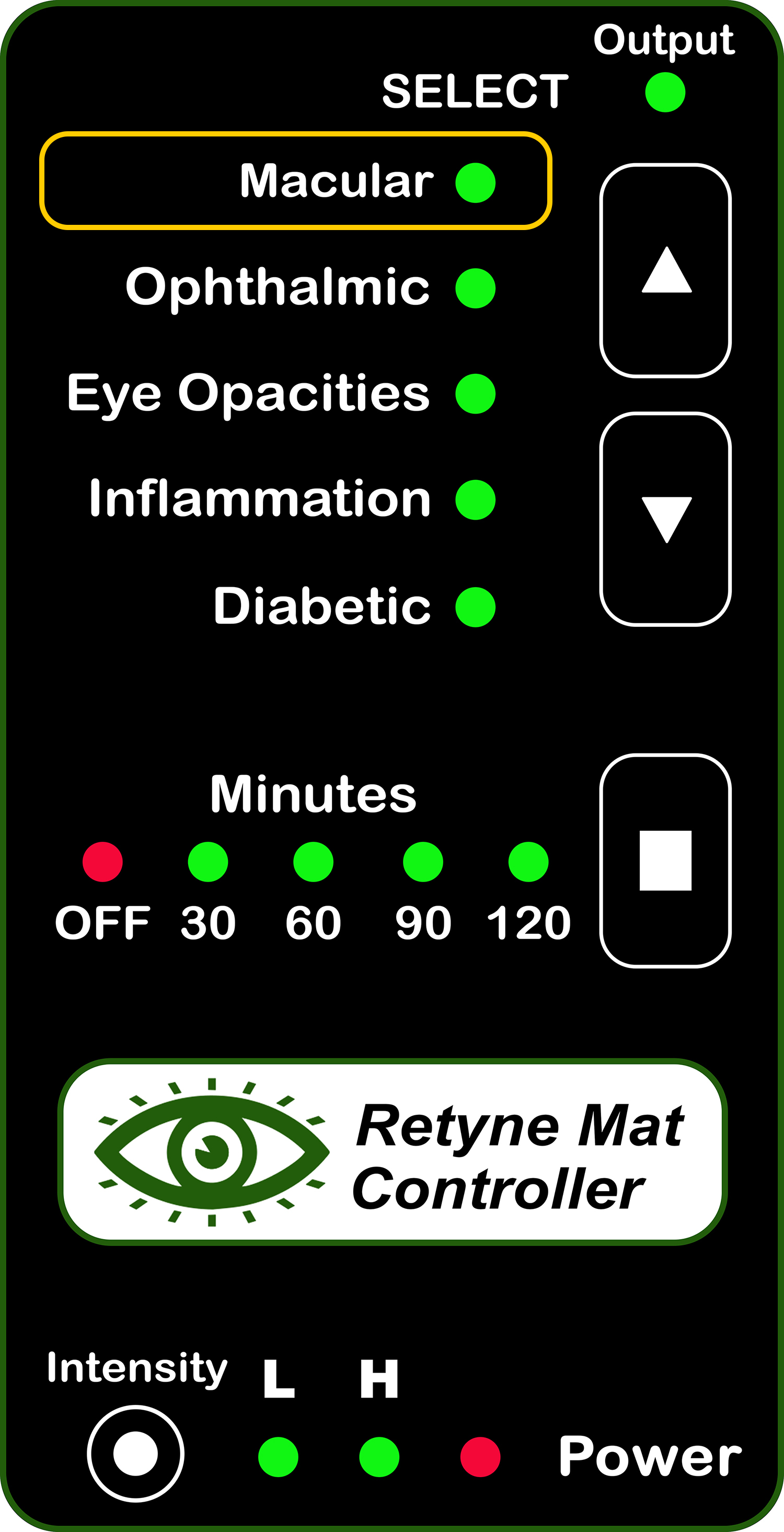
RDPV4 (Direct connect, use group 2067)
RDPV4 Light Mask Program button 1
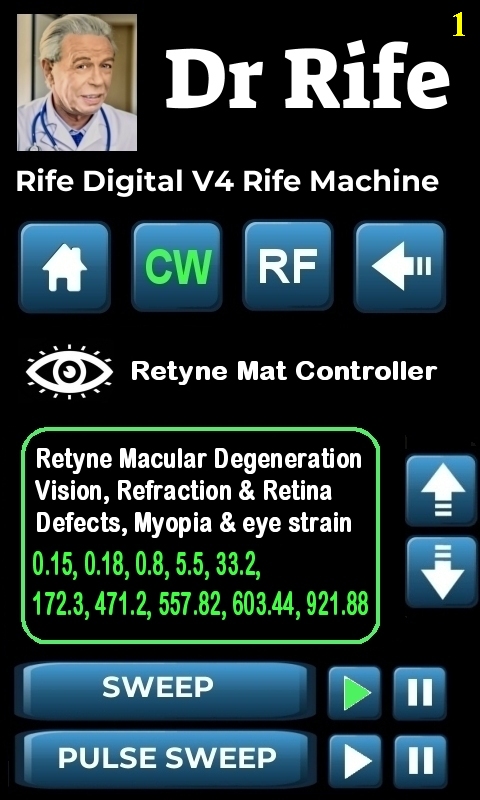
Click here for instructions on using the Retyne Mask + Controller
